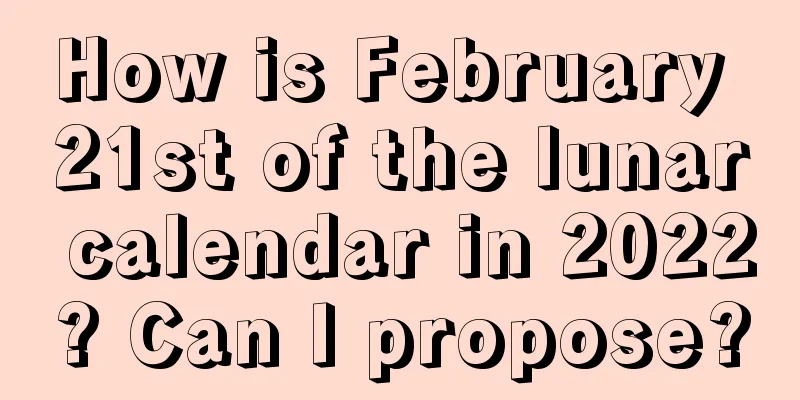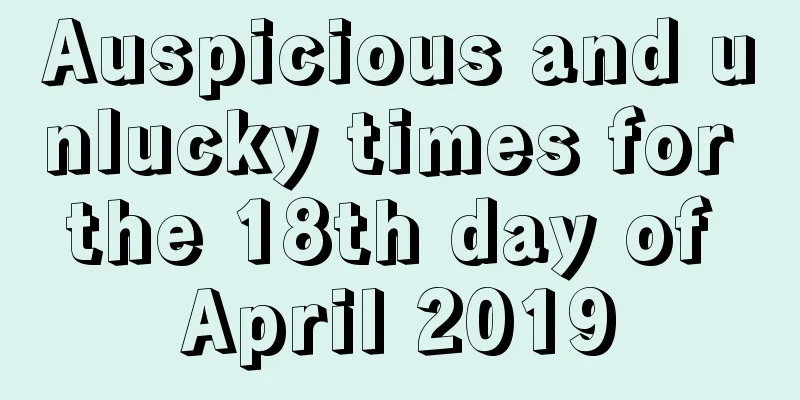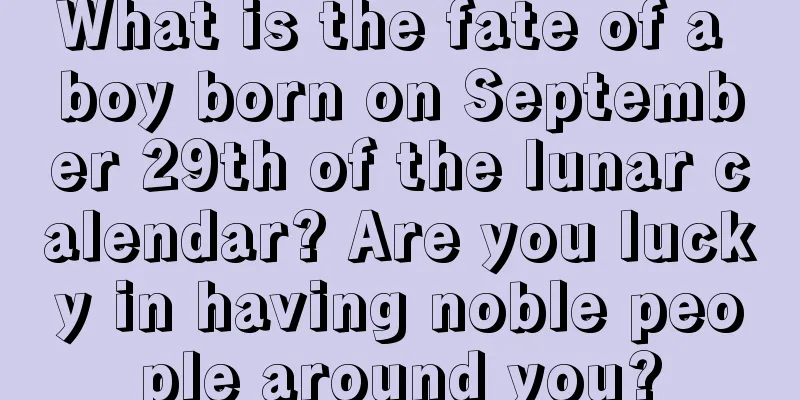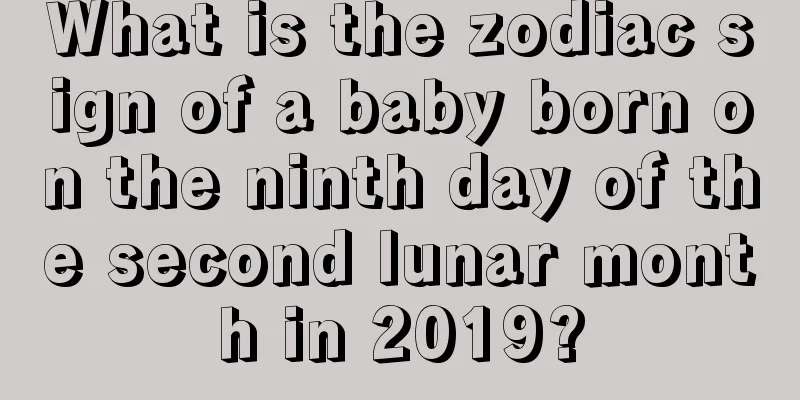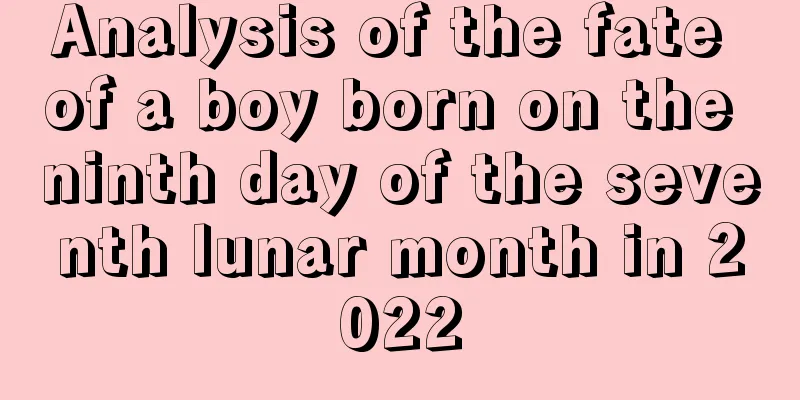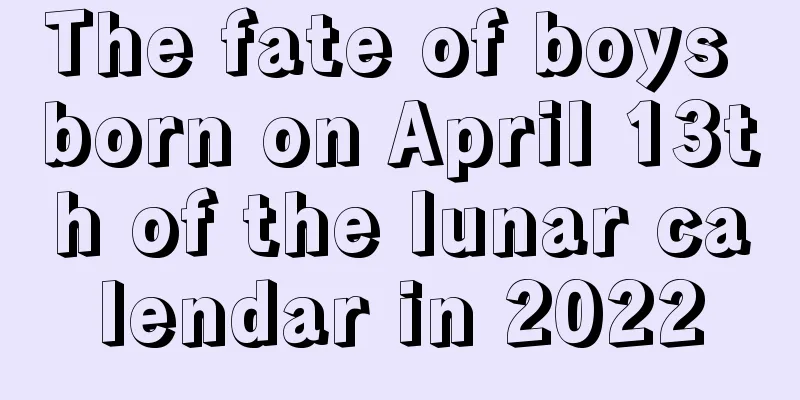Where will the sun shine directly on the 2021 Spring Equinox? What is the altitude angle of the sun on the vernal equinox?
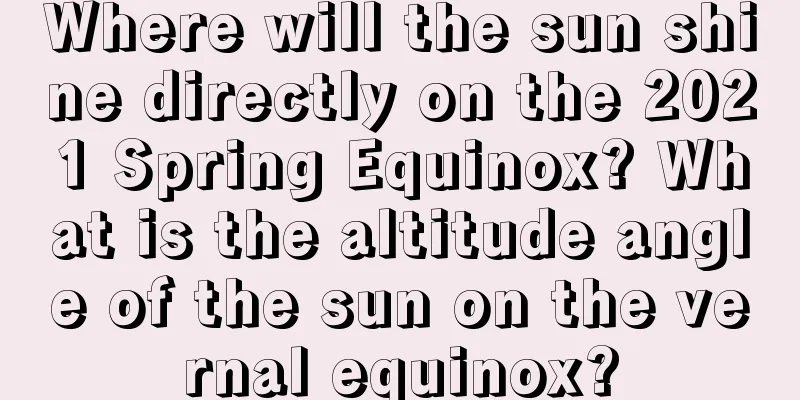
The changes in the sun's direct point are different every day, so let's take a look at where the sun will be directly above on the vernal equinox in 2021? The second month of the lunar calendar in 2021 is very different from previous years. It is full of various setbacks and battles. Friends who need to check their fortunes, don’t forget to pay attention to Mr. Shui Mo’s website in time!Where will the sun shine directly on the 2021 Spring Equinox?The Spring Equinox refers to the time when the sun is between 0° and 15° of the ecliptic longitude , that is, the period from the Spring Equinox to the day before Qingming Festival, which is approximately between March 20 and April 5 in the Gregorian calendar.As seen from the earth, the sun moves counterclockwise along the ecliptic. The ecliptic and the equator have two intersection points on the celestial sphere, 180° apart. The point where the sun passes through the celestial equator from south to north along the ecliptic is called the vernal equinox. On the vernal equinox, the sun's direct point is at the equator, just like on the autumnal equinox. The summer solstice is on the Tropic of Cancer, and the winter solstice is on the Tropic of Capricorn. After that, the sun's direct point continues to move northward, so the vernal equinox is also called the rising equinox. The latitude of the point where the sun is directly overhead changes with the angle between the Earth's rotation axis and the plane of its orbit (the ecliptic) as the Earth revolves around the sun. What is the altitude angle of the sun on the vernal equinox?Beijing is located at 40°N. The formula for calculating the solar altitude at noon is: solar altitude at noon = 90° - |local geographical latitude - the latitude of the sun's direct point at this time|, that is, the altitude angle of the solar term is calculated as follows:On the winter solstice, the sun is directly above 23°26′S. The sun’s altitude at noon in Beijing on that day = 90°-|40°-(-23°26′)|=26°34′ On the summer solstice, the sun is directly above 23°26′N. The sun's altitude at noon in Beijing on that day = 90°-|40°--23°26′|=73°26′ On the spring and autumn equinoxes, the sun is directly above the equator at 0°. The sun's altitude at noon in Beijing on that day = 90° - |40° - 0° | = 50° From the calculation, we can know that based on the location of Beijing, the solar altitude angle on the vernal equinox is 50°. Vernal Equinox and Autumnal Equinox: The sun is directly above the equator, and the solar altitude angle at noon gradually decreases from the equator to the North and South Poles. After that, the sun's direct point slowly moves northward, reaching the northernmost point of the sun at the summer solstice - the Tropic of Cancer. What are some works about the Spring Equinox?The Spring Equinox was also called "the middle of the day", "the division of day and night", and "the mid-spring month" in ancient times. "The History of Ming Dynasty - Calendar Volume 1" says: "Equinox is the point where the yellow and red meet. When the sun reaches this point, day and night are equal."Wu Cheng of the Yuan Dynasty wrote in his book "Collected Explanations of the 72 Solar Terms in the Lunar Calendar": "In the middle of February, fen means half, which is half of the ninety days, so it is called fen. Qiu has the same meaning." "Yi Zhou Shu·Zhou Yue": "The middle solar terms of the third month of spring are Jingzhe, Chunfen, and Qingming." Dong Zhongshu of the Han Dynasty wrote in "Spring and Autumn Annals: Yin and Yang: The In and Out, Up and Down": "In the second month of spring, the sun is due east and the moon is due west. This is called the Spring Equinox. The Spring Equinox is when the sun and the moon are equal, so the day and night are equal and the cold and heat are balanced." Ming Wang Ao's "Zhen Ze Chang Yu Xiang Wei" says: "Two solar terms make up one season, and the yang energy rises a total of 42,000 miles, which is exactly the middle of heaven and earth, and the spring equinox." There is also a record in the ancient Chinese calendar: "Three days before the vernal equinox, the sun enters the equator." |
Recommend
Can I get a haircut on August 27th of the lunar calendar in 2021? Is it an auspicious day for a haircut?
In ancient times, cutting hair casually was not al...
Is the tenth day of the third lunar month in 2022 a good day? Is it an auspicious day for decoration?
The third month of the lunar calendar has other na...
What are the do’s and don’ts on August 13th of the lunar calendar in 2020? Is it an auspicious day?
The eighth month of the lunar calendar is Mid-Aut...
Is it suitable to install doors on the second day of the second month of 2022, when the dragon raises its head? What will the hexagram show on this day?
The second day of the second month of the lunar ca...
Is December 24th of the lunar calendar in 2018 suitable for praying? Is the day's hexagram a good sign?
Burning incense and praying for blessings is one o...
Is it a good idea to get married on the 23rd day of the sixth lunar month in 2020? Is it suitable for holding a wedding banquet?
June is also known as the hottest month of the ye...
Is it not suitable to get married on the 22nd day of the twelfth lunar month in 2020? Is it good to get married in 2021, a year without spring?
Introduction: According to traditional customs, im...
Is the Lantern Festival the Shangyuan Festival? What is the fate of a dragon person born on the Lantern Festival?
Is the Lantern Festival the Shangyuan Festival? Wh...
Is the fate of a boy born on August 20, 2019 in the lunar calendar good or bad?
Luck varies with the transformation of time and sp...
Is it okay to sign a contract on September 29, 2020? Check the lucky position of the god of happiness on November 14
Introduction: It is also necessary to choose an au...
Is it a good idea to move during the Great Heat of 2018? Things to note when moving
In our country, people traditionally attach great ...
When is the Double Ninth Festival? Is Double Ninth Festival a legal holiday?
Speaking of the Double Ninth Festival, I believe e...
Is the fate of a baby girl born on March 21st of the lunar calendar in 2018, the Year of the Dog, good or bad?
Introduction: New lives are born every day, and th...
What is the fate of people born on Qingming Festival and Ghost Festival? What is the saying?
It rains heavily during the Qingming Festival, whi...
Is February 13th of the lunar calendar 2018 a good date? Can we sign the contract?
Introduction: In business, a contract will be sign...
